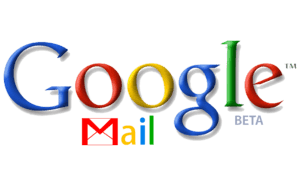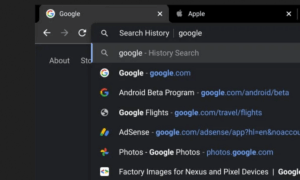Back in 2019, Google announced some upcoming changes on how Android will function within the European Union – specifically, give its users more of a wide selection of search providers to power the search box on the home screen or be used as a default within Google Chrome.
Also in 2019, the company said that its rivals would have to go through an auction system in order to have the option of appearing on a choice screen on Android devices headed for Europe.
It’s worth mentioning that the European Commission, who is the European Union’s antitrust authority, has fined Google 4.24 billion Euro (around $5.16 billion) for attempting (and let’s face it, succeeding) to establish dominance over other search engine rivals, after said rivals have raised numerous concerns about unfair advantages and anti-competitiveness.
Now the time has come to face the music and, according to Google, it will display, in random order, five of the most popular search engines in each country of the European Union, at the top of the screen. Other seven will be set up at the bottom.
“Following further feedback from the Commission, we are now making some final changes to the Choice Screen including making participation free for eligible search providers,” Oliver Bethell, Director, Legal at Google said in a blog post “We will also be increasing the number of search providers shown on the screen. These changes will come into effect from September this year on Android devices.”
Instead of having to go through an auction to ensure a spot on Android, the search providers will only need an app to be made available in the Play Store and no providers that source their search results from Google will be taken into consideration.
While search engines like Ecosia have welcomed the change, DuckDuckGo CEO Gabriel Weinberg is not convinced Google is doing enough.
In a Twitter post, Weinberg stated that “Google is now doing what it should have done three years ago: a free search preference menu on Android in the EU. However, it should be on all platforms, e.g. desktop Chrome, accessible at all times, i.e. not just on factory reset, and in all countries.”
Bethell on the other hand, adds in his post that Google has “always believed in offering people and businesses choice and competing on the merits of our services. And we know that people choose Google because it’s helpful; not because there are no alternatives. That’s why we will continue to invest in Google Search and Android to make them the most helpful products available, and we appreciate the open dialogue with the European Commission on these areas.”
This change will be available to Android smartphones as of September 1st, 2021 and will feature no search engine providers such as Yahoo, DuckDuckGo, Bing and others. If you already have an Android device, have selected your search provider but would like to make a change, you’ll unfortunately have to factory reset your device and start the entire set-up process all over again.
Follow TechTheLead on Google News to get the news first.

























